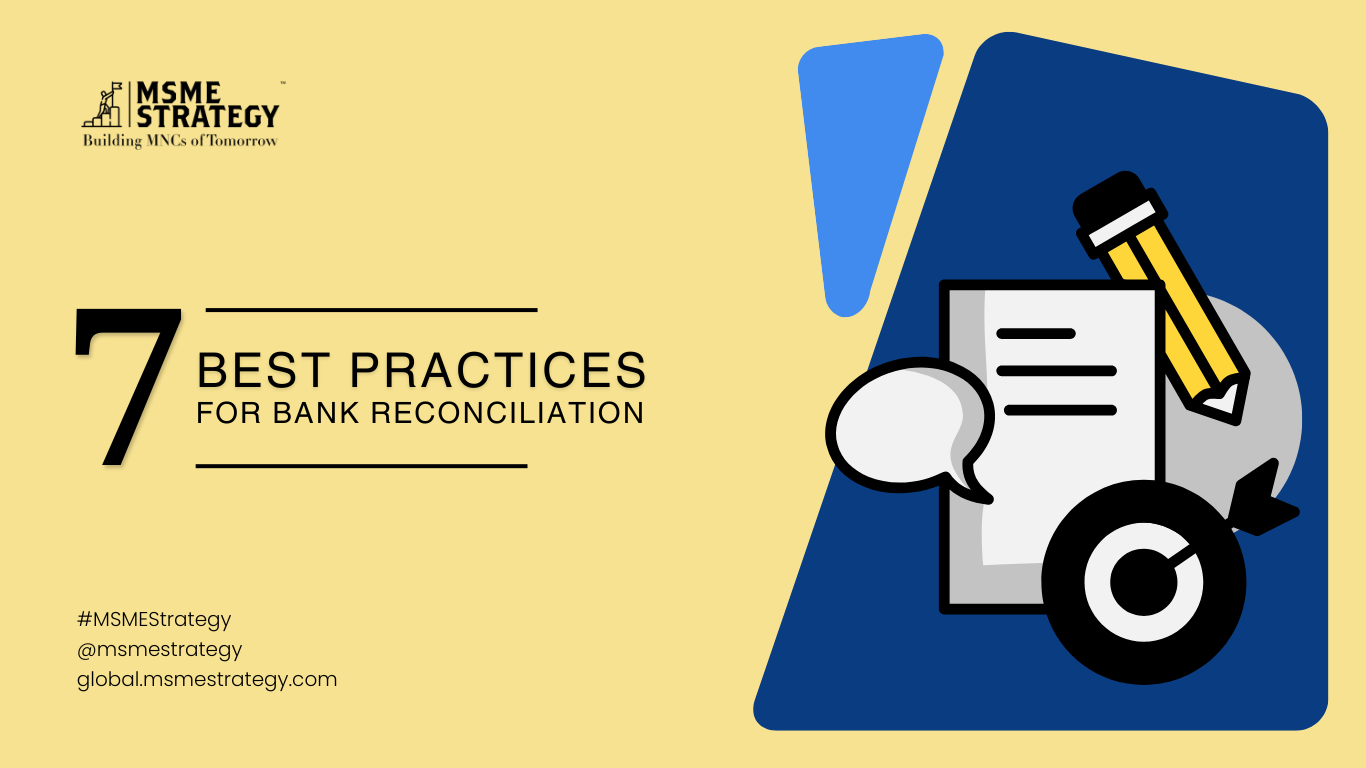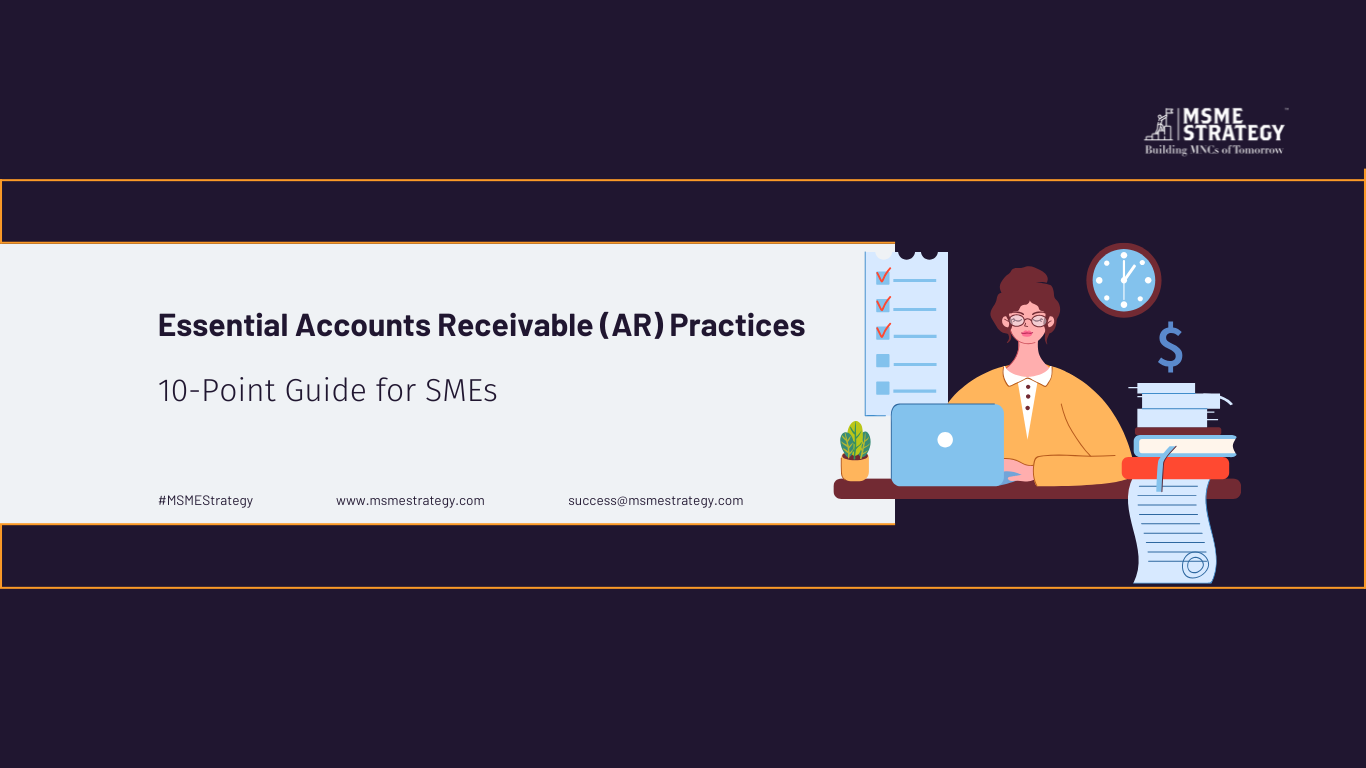
Why is Accurate Expense Management Important?
Accurate expense management is essential for SMEs globally to strengthen cash flow, drive data-informed decisions, and mitigate compliance risks. Leveraging cloud-based, AI-powered tools and mobile solutions enables real-time insights and custom spend controls. MSME Strategy Consultants (global.msmestrategy.com) offer expert guidance to help fine-tune your expense management strategy for sustainable growth.






